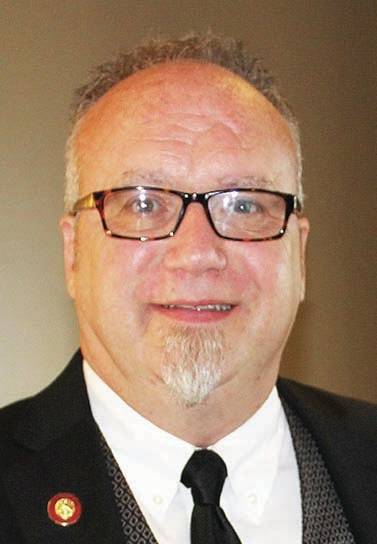Protesting over a WKU lecture series about Gen. Robert E. Lee
Published 10:41 am Tuesday, October 31, 2017
Academic freedom should be the cornerstone of every university, which means that many different points of view should be expressed freely without fear of censorship.
The recent protest by a very small group of community members and WKU students and faculty of a lecture series about Civil War Gen. Robert E. Lee amounted to attempted censorship at the one place we would least expect it, a college campus.
The four-part series, presented by retired Bowling Green obstetrician and lay historian Dr. Ron Hatcher, is titled “Robert E. Lee: Soldier, Educator, and Example in Life and in Memory.” It’s being offered to members of Western Kentucky University’s Society for Lifelong Learning, which offers non-credit educational programs for those 50 and older.
A group of concerned community members organized a protest against the series and sent a letter to the society’s board asking that the series be canceled and the course removed from the society’s website.
Teachers should not fear that their interpretation of class material or historical figures will be censored or the class canceled because it is upsetting to someone else.
WKU history professor Rich Weigel, who attended Hatcher’s lecture, said he was impressed with Hatcher’s knowledge of Civil War history and saw the protest before the lecture began.
“I think the demonstration is unfortunate,” Weigel said. “The question of slavery is a very serious issue and the people out there make some interesting points and valid points about the horrors of slavery. But I believe to have a protest just about the idea that Robert E. Lee can be seen positively is a mistake because we have the right to have differing opinions about historical figures.
“We shouldn’t demonize historical figures … because of the fact they were slave owners. There were 12 presidents who owned slaves. Washington, Jefferson and Madison stand out.”
Protester Jasmine Banks, a WKU senior from Louisville and member of the Association of the Study of African-American Life and History, said she felt the lecture series was like “taking a bandage off of a wound we are trying to heal and reopening it.”
“And it just makes people remember things that as a country we should not be proud of,” Banks said.
People who try to suppress what doesn’t conform to their own worldview undermine the First Amendment, which protects freedom of speech that may or may not be popular with individuals and groups. This newspaper, for example, finds people who burn the American flag and Colin Kaepernick’s refusal to stand for the national anthem despicable, but we understand that it’s their constitutional right to take those actions.
History is not something that should be censored. People who have differing viewpoints on history or historical figures should never be prevented from speaking about their views.
Hatcher is a well-respected citizen in Bowling Green, and people who attack his character for simply presenting his interpretation of Lee’s life are engaging in character assassination.
The Society for Lifelong Learning said it best in the statement it issued to the media, and we echo its comments: “We believe that free speech should bring the opportunity for more free speech. Free and civil discourse, rooted in a historical context, can often lead to a better understanding of issues we face today.
The Bowling Green Daily News





